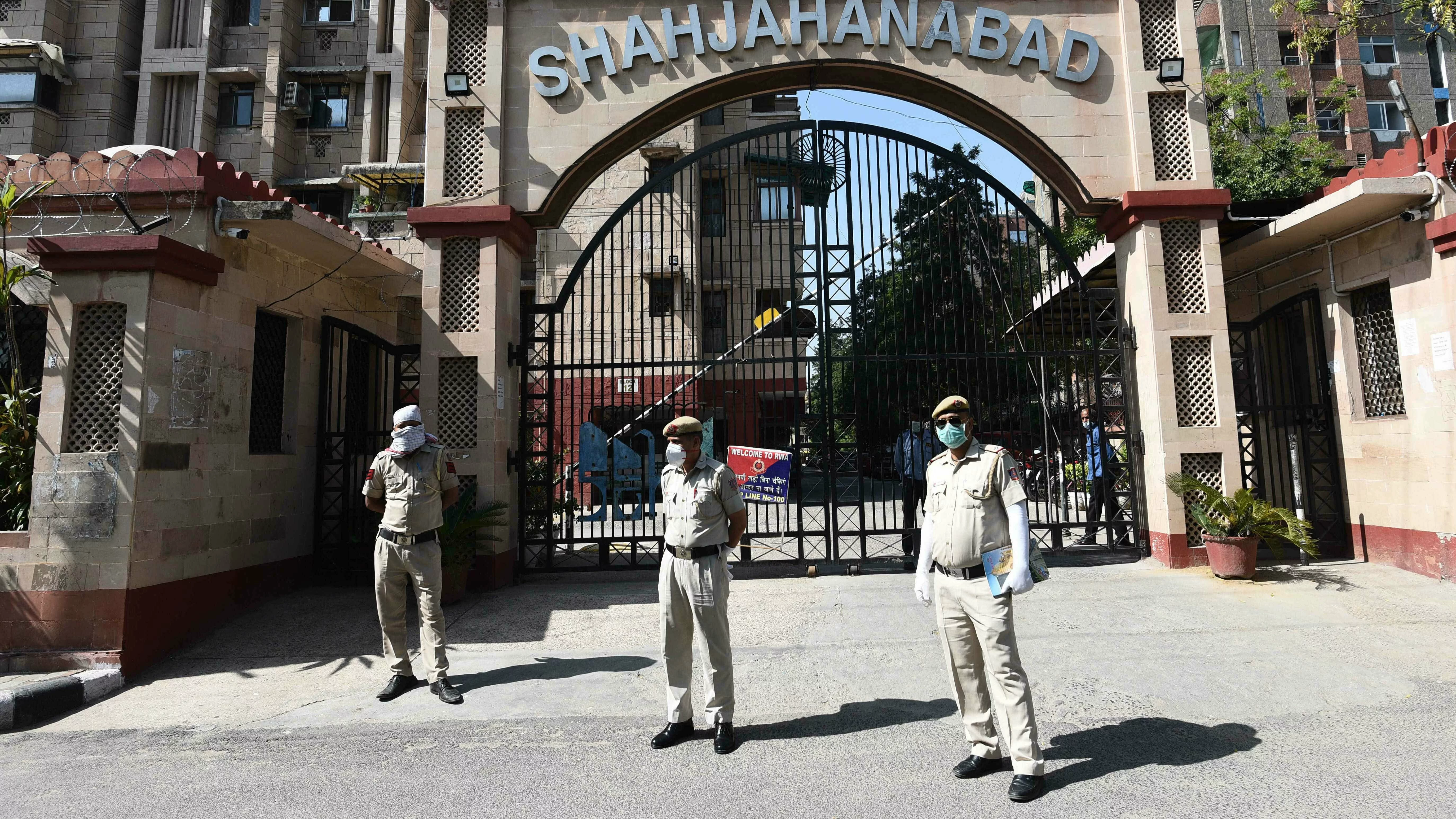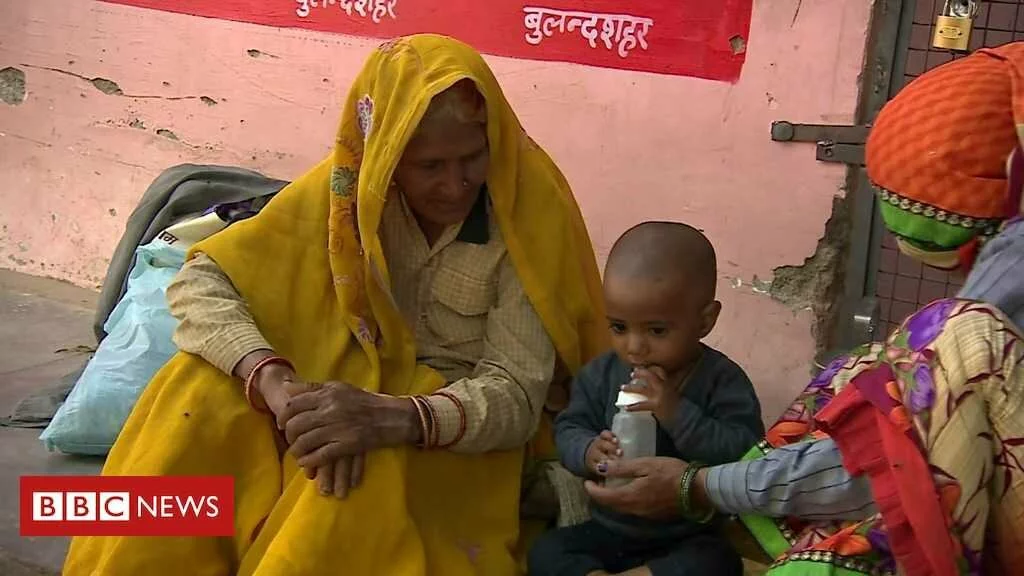
An Indian State Tells Quarantined Folks: 'A Selfie An Hour Will Keep The Police Away'
- 2020-04-13 16:20
- By kpbs.org
To see whether people stay put, the app follows users' movements through GPS — and asks them to submit hourly selfies to prove they haven't left the house. While many Indians have not objected to these measures, human rights activists and lawyers like Murali Neelakantan say the new efforts are highly intrusive, putting people suspected of COVID-19 at risk of stigma and harassment and exposing the country's lack of digital privacy laws. Since Prime Minister Narendra Modi announced a 21-day national lockdown on March 24, police and administrative officials in every state are under pressure to keep people under quarantine. But India's fight against COVID-19 has been complicated by people dodging the quarantine, either leaving their homes because they believe that they don't have the virus or bolting from the centers, which have been criticized by detainees for being poorly run and unhygienic. Another one of these surveillance strategies in India is to publicly release the addresses of people who have been potentially exposed to the virus — a tactic successfully deployed in places like Hong Kong. On March 24, the Karnataka government — proponent of the selfie rule — released the complete addresses of an estimated 20,000 people under home quarantine in the state after having traveled abroad. Currently, the government can use the India's National Epidemic Diseases Act of 1897 to do whatever it deems necessary to control the pandemic — so conducting surveillance measures like publishing people's addresses in this situation is legal. "It's definitely concerning, because it's uncertain whether these surveillance measures will stop when the emergency around the pandemic ends," says Ravi Nair, founder of the South Asian Human Rights Documentation Centre (SAHRDC) , a non-governmental organization based in New Delhi. Apar Gupta, lawyer and executive director of Internet Freedom Foundation , an Indian organization that works to ensure that technology respects the rights of individuals, wonders what comes after the hourly selfie app: "webcasting software in our bedrooms?" The writer R, whose aunt and uncle suffered online harassment, wrote this message on the WhatsApp groups that targeted them: "Have a heart and stop preying on other people's misery.

'Rick and Morty' snake episode confirms Rick's weirdest obsession

Paytm Payments Bank crosses Rs 1000 Cr deposits

The challenges India faces in stopping coronavirus
